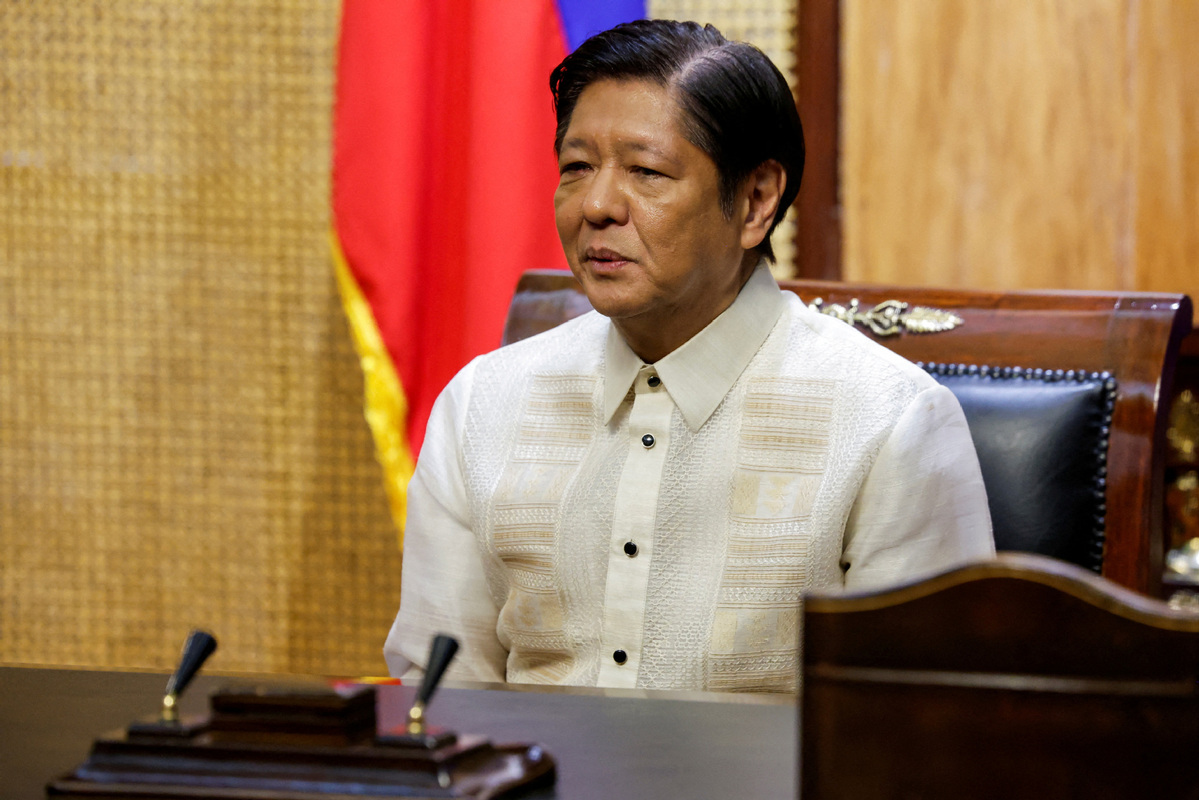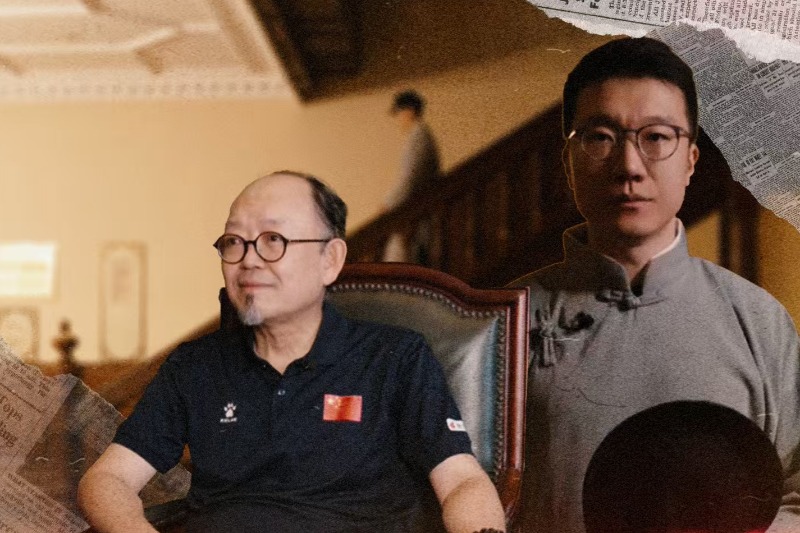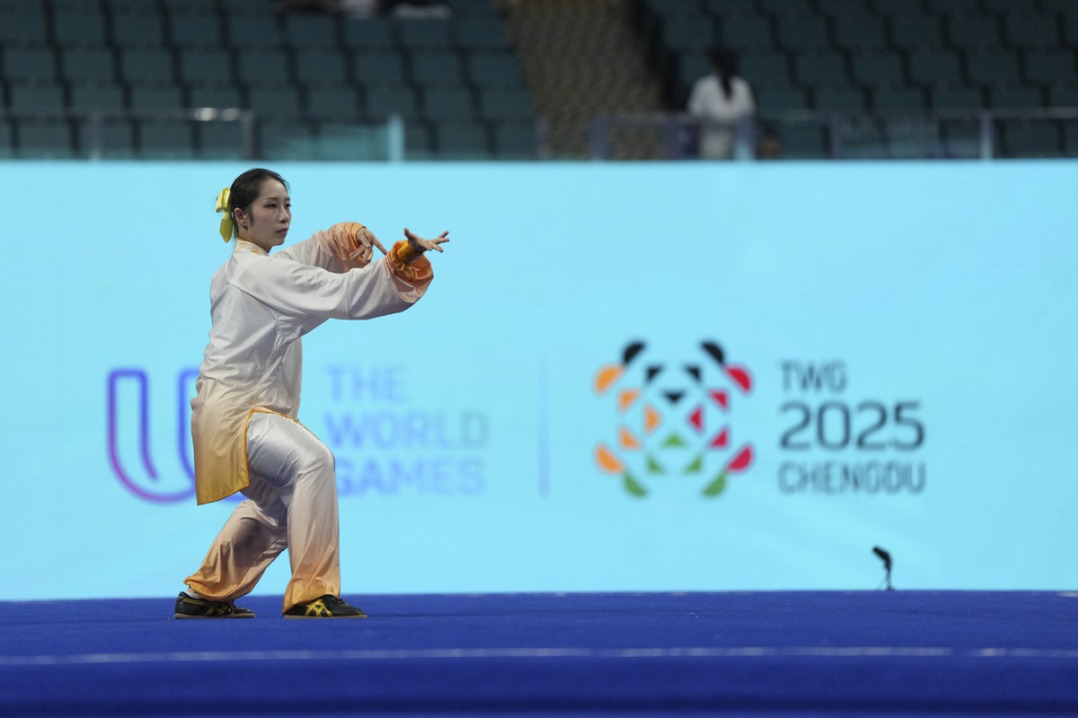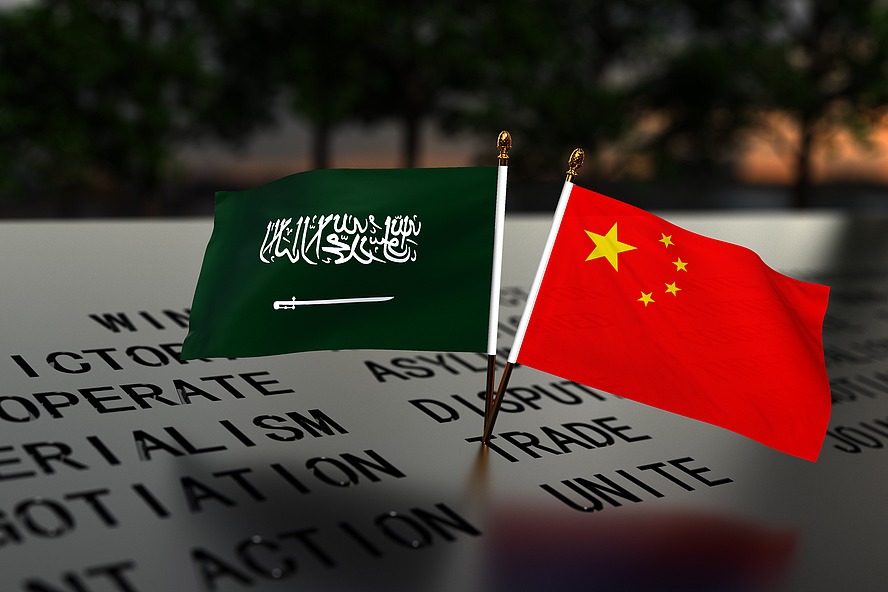Absurd logic of Manila's game of flames belies its assigned role


A golden principle for politicians taking media interviews is not to respond to hypothetical questions. But the Philippine leader seems not to have learned this.
In an interview with Indian media during his visit to the South Asian country last week, Philippine President Ferdinand Marcos Jr only proved the dire consequences of ignoring that principle by making some wrong and irresponsible remarks on a series of hypothetical queries related to the Taiwan question.
"If there is a confrontation over Taiwan between China and the United States, there is no way that the Philippines can stay out of it, simply because of our physical geographic location. If there is an all-out war (across the Taiwan Strait), then the Philippines will be drawn into it," Marcos told Firstpost on Wednesday.
That's simply absurd.
To begin with, the Taiwan question is China's internal affair that brooks no external interference. Marcos is in no position to touch upon that issue in the interview on relations between his country and India.
He intentionally paralleled the Chinese island with its motherland in defiance of the fact that the one-China principle is a political foundation of and a requisite for the diplomatic relations between China and the Philippines.
By making such reckless and provocative statements in India, Marcos also put his host country in a difficult position. Not to mention that it was during the week of Marcos' visit that Indian media reported that Indian Prime Minister Narendra Modi will visit China, later this month, for the first time in over seven years.
Marcos made at least two hotheaded hypotheses — that there will be a conflict across the Taiwan Strait and then a war between China and the US — and rashly expressed the Philippines' readiness to become involved in any conflict.
Compared with other US allies and partners, including Japan and Australia, that try to push the US to the front when pressed to declare their stance on the issue to avoid being caught between China and the US and interfering in China's internal affairs, Marcos seems eager for the Philippines to be to the fore.
Given that he just wrapped up a visit to the Pentagon before visiting India where he was encouraged to carry on leading the Philippines to play its assigned role against China in the South China Sea and beyond, Marcos' blatant Taiwan-related remarks in India indicate that he might have been given some new instructions at the Pentagon.
Considering the rising tensions between the United States and India due to their strained economic and trade ties, Marcos is also trying to do the US a favor by trying to drive a wedge between India and China with his irresponsible remarks.
As a spokesperson for the Chinese Foreign Ministry said in a statement, the Marcos government has kept making wrong and provocative remarks and actions, kept fudging and hollowing out the one-China principle, and kept harming China-Philippines relations.
The Chinese Foreign Ministry and the Chinese embassy in the Philippines have every right to lodge serious protests with the Philippine side as they did late last week.
As the spokesperson stressed, neither the Philippines' "geographic location" nor the "large volume of Filipinos" in Taiwan should be used as pretexts to interfere in the internal and sovereign affairs of other countries.
These claims not only contravene international law and the Charter of the Association of Southeast Asian Nations, but also harm regional peace and stability and the fundamental interests of the Philippine people.
The Philippines is urged to earnestly abide by the one-China principle and the spirit of the China-Philippines Joint Communique on the establishment of diplomatic relations, and refrain from playing with fire on issues bearing on China's core interests.
































